The Aquarium Conservation Partnership (ACP), a coalition of aquariums and zoos for aquatic conservation, has received a two-year grant from the National Oceanic and Atmospheric Administration (NOAA) Marine Debris Program to develop and implement a comprehensive digital and in-person public engagement campaign. The goal is to inspire and engage aquarium and zoo visitors in efforts to reduce marine debris and plastic pollution.
The $350,771 grant will enhance the capacity of ACP member aquariums and zoos to educate, engage, and inspire audiences to take action in reducing plastic pollution sources. It will also support measuring, evaluating, and communicating the collective plastic reduction commitments of ACP members.
See also: Building a sustainable future: the work of the Aquarium Conservation Partnership
Collective effort
“Plastic pollution continues to have impacts on our ocean and freshwater ecosystems, human health, and communities,” says Kim McIntyre, executive director of the Aquarium Conservation Partnership.
“Through the NOAA Marine Debris Grant we can continue our commitment to jointly adopt sustainable practices in our operations with our member aquariums and zoos to eliminate single-use plastic.”
“Tackling an issue as widespread and complex as plastic pollution requires more than individual action—it demands collective effort. By bringing together aquariums, zoos, communities, and businesses across the country, we can drive meaningful, lasting change. Collaboration at this scale not only amplifies impact but also inspires others to join in creating a healthier, more sustainable future for our planet."
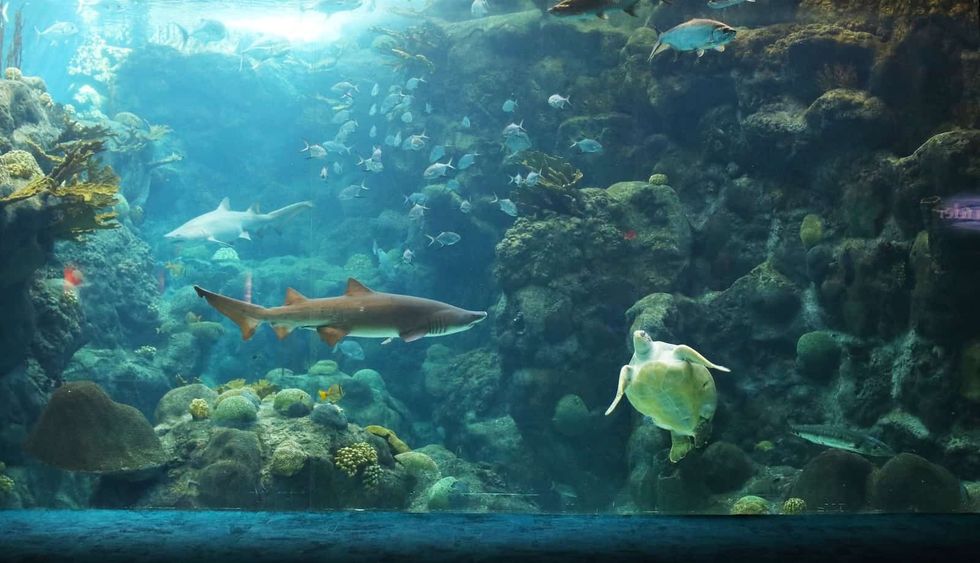
This grant will provide seven member aquariums of ACP—including the California Academy of Sciences, The Florida Aquarium, Kansas City Zoo and Aquarium, The Maritime Aquarium at Norwalk, National Mississippi River Museum and Aquarium, Seattle Aquarium, and Shedd Aquarium —with a $20,000 sub-award each.
These funds will be used to create and install educational and operational signage that highlights efforts to reduce plastic use and promote reusable systems.
Additionally, the grant will support project activities, including the development of a plastic dashboard tool in collaboration with Verdis Group, as well as the creation of a toolkit and microsite for aquariums and zoos to facilitate public calls to action.
Last year, ACP issued a statement celebrating the release of the United States Environmental Protection Agency’s (EPA)National Strategy to Prevent Plastic Pollution and the EPA’s identification of an approach to eradicate the release of plastic waste into the environment by 2040.
Charlotte Coates is blooloop's editor. She is from Brighton, UK and previously worked as a librarian. She has a strong interest in arts, culture and information and graduated from the University of Sussex with a degree in English Literature. Charlotte can usually be found either with her head in a book or planning her next travel adventure.
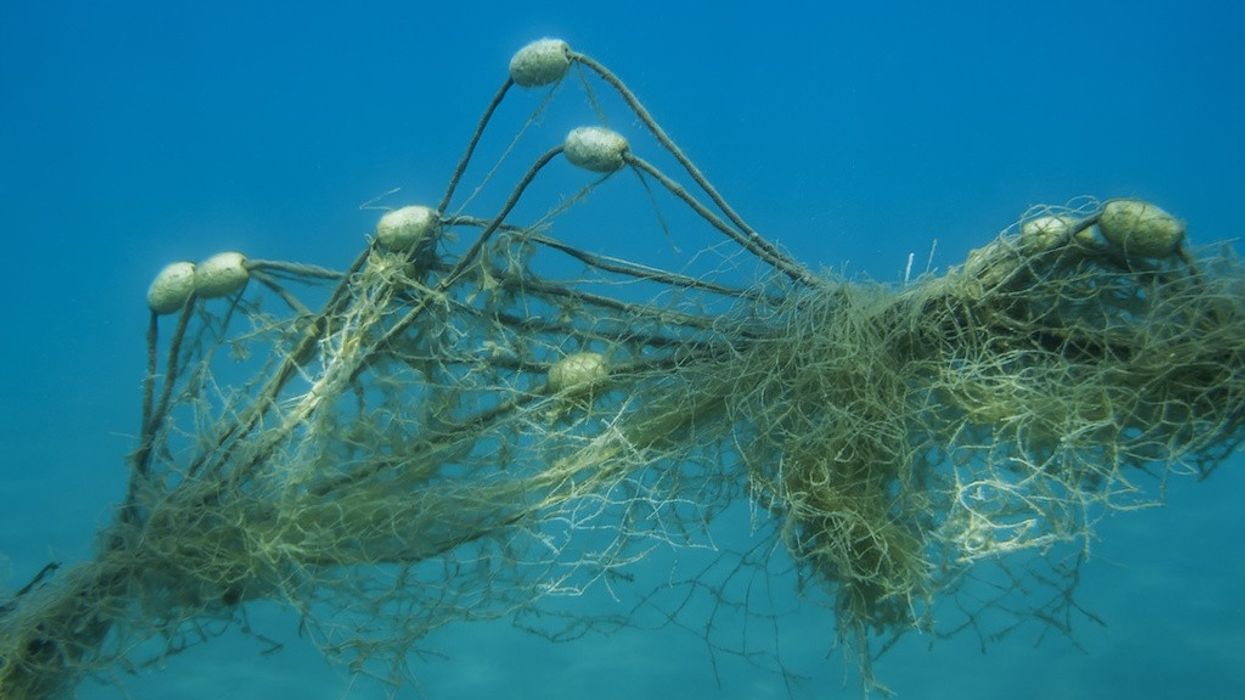

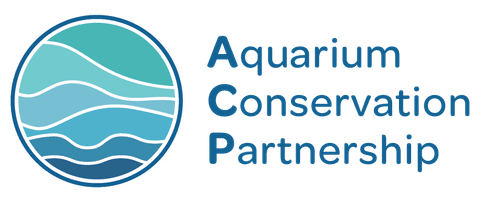

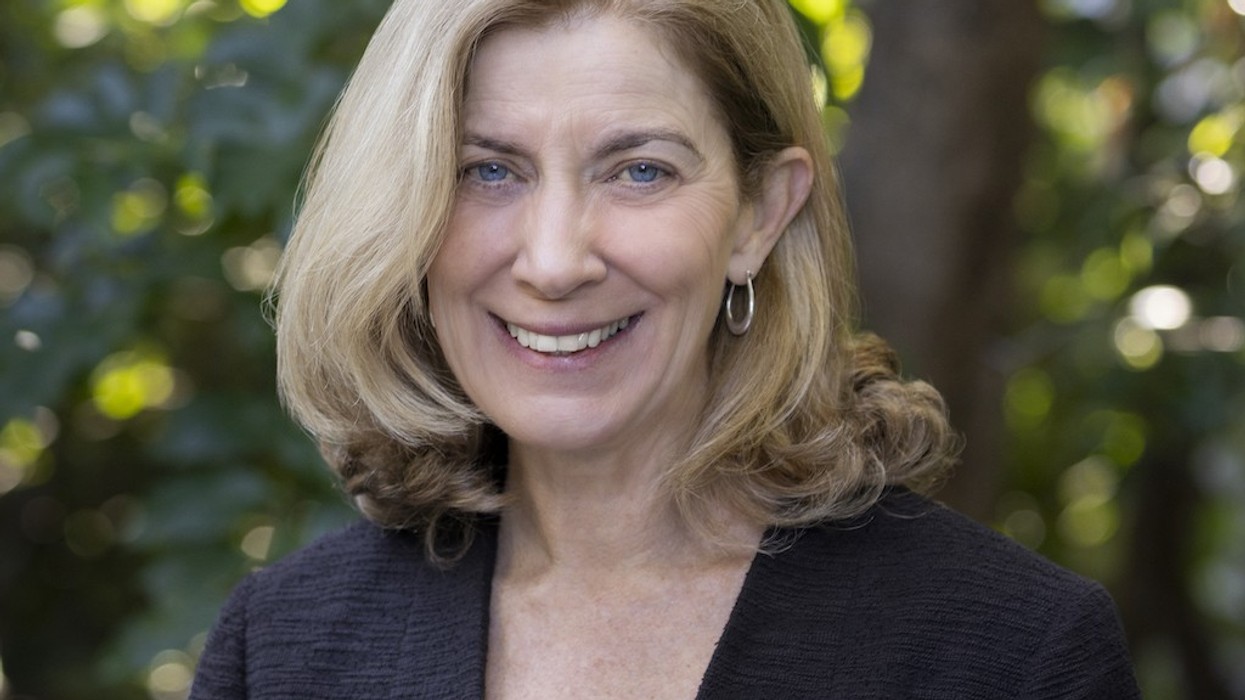

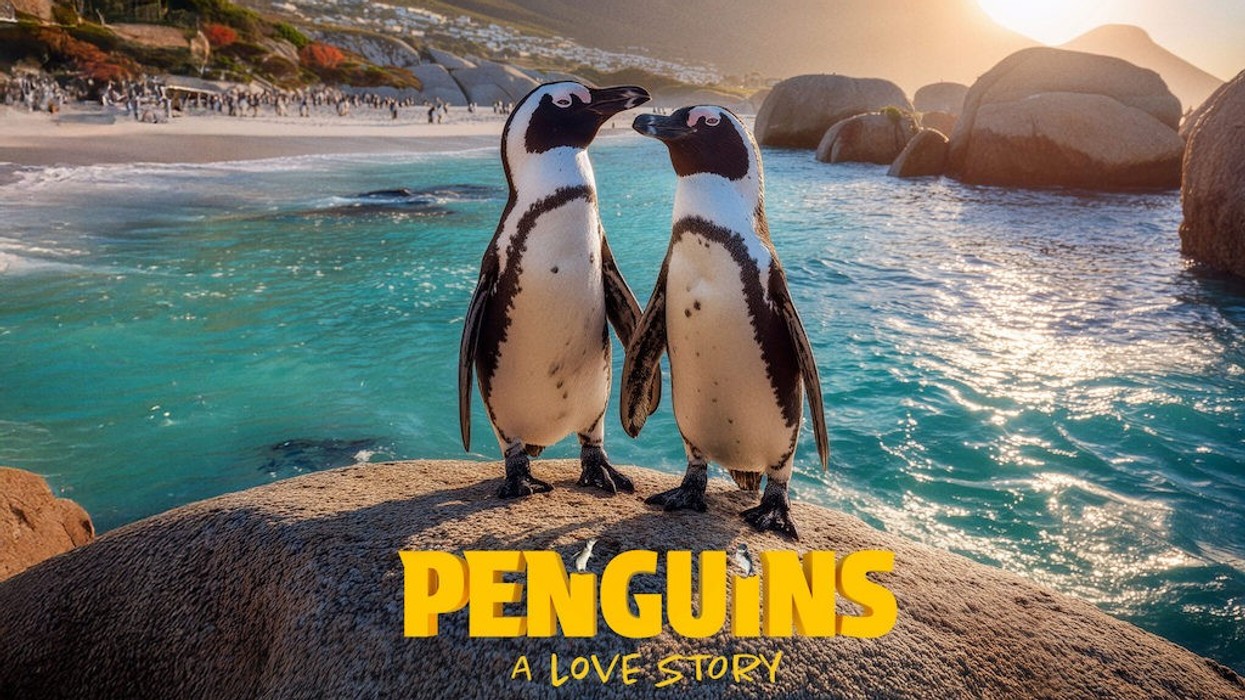
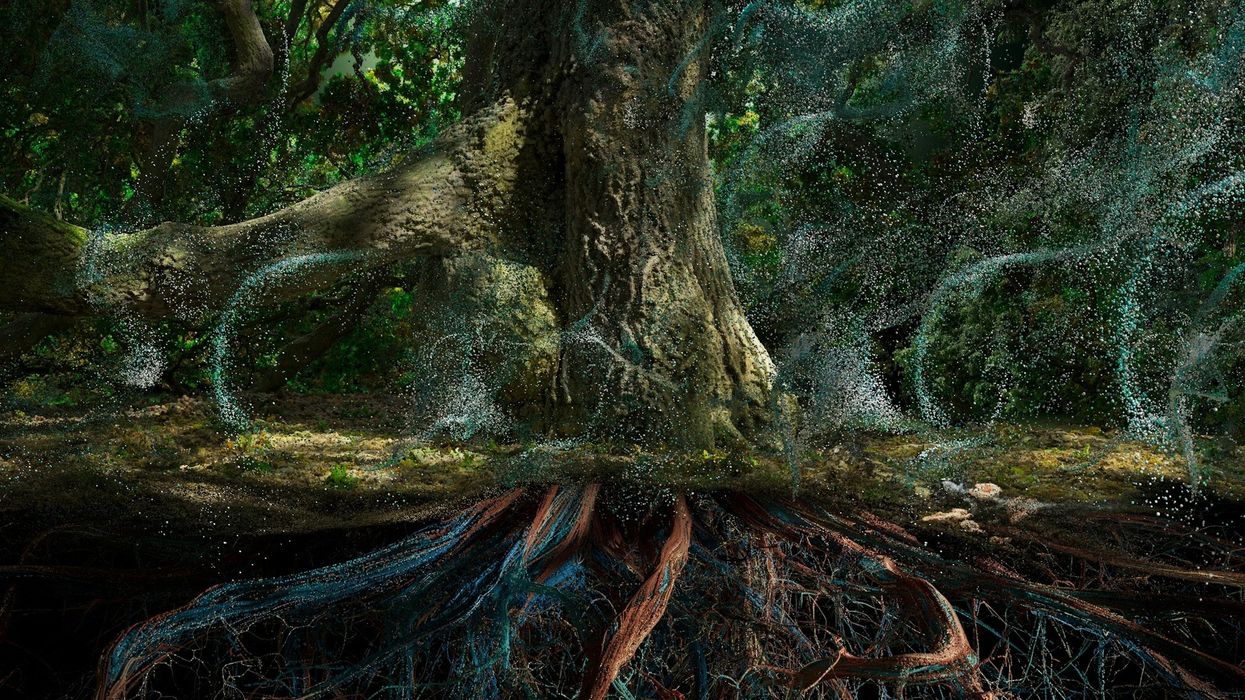

 Immotion CEO Rod Findley and VP of Content Ken Musen celebrating their Lumiere win at the 16th Annual Lumiere Awards, held on 9 February at the iconic Beverly Hills Hotel.
Immotion CEO Rod Findley and VP of Content Ken Musen celebrating their Lumiere win at the 16th Annual Lumiere Awards, held on 9 February at the iconic Beverly Hills Hotel.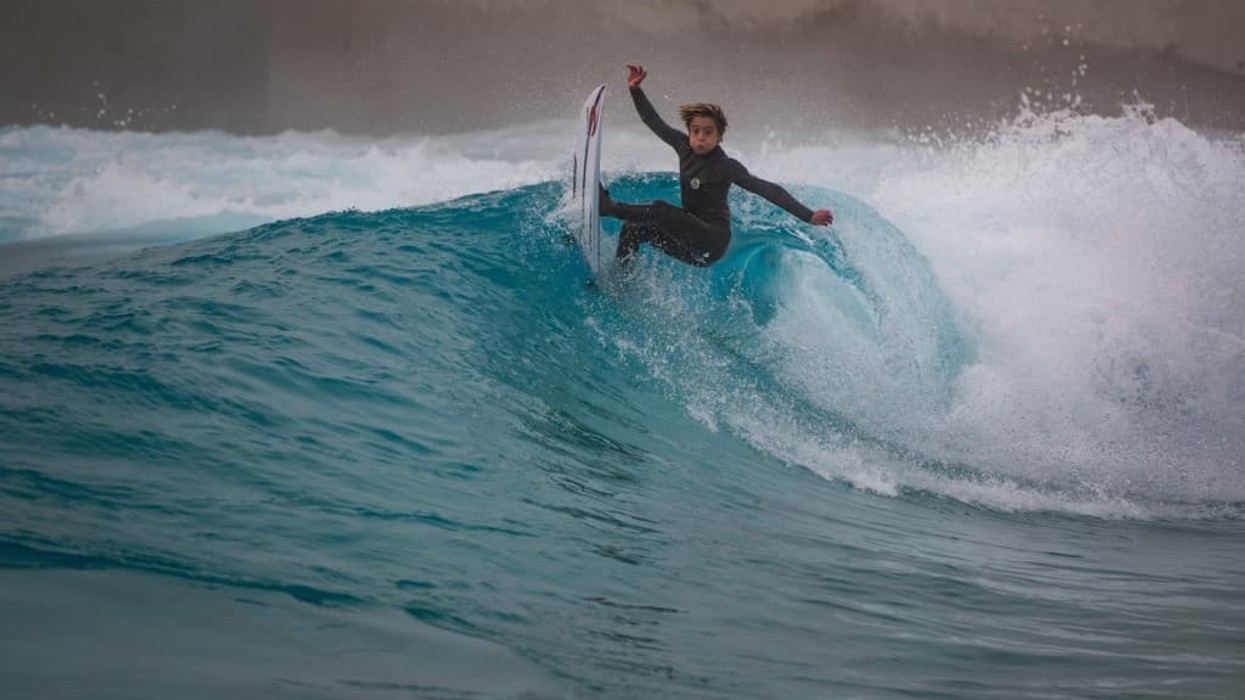


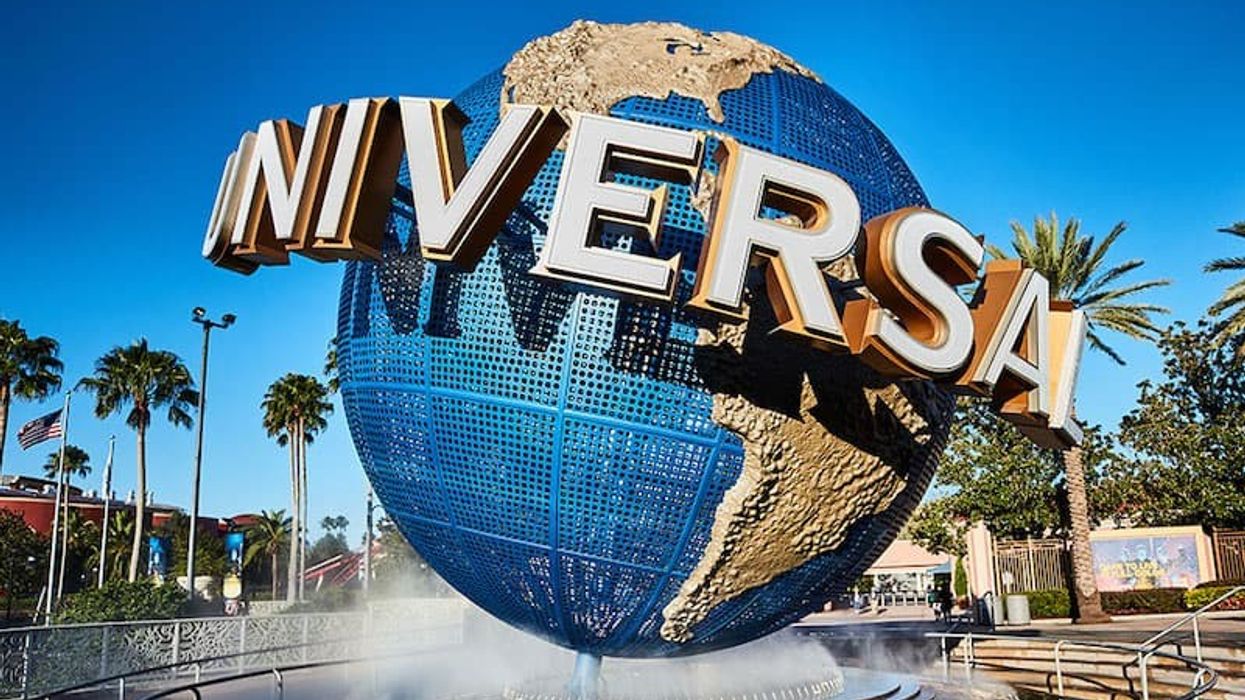


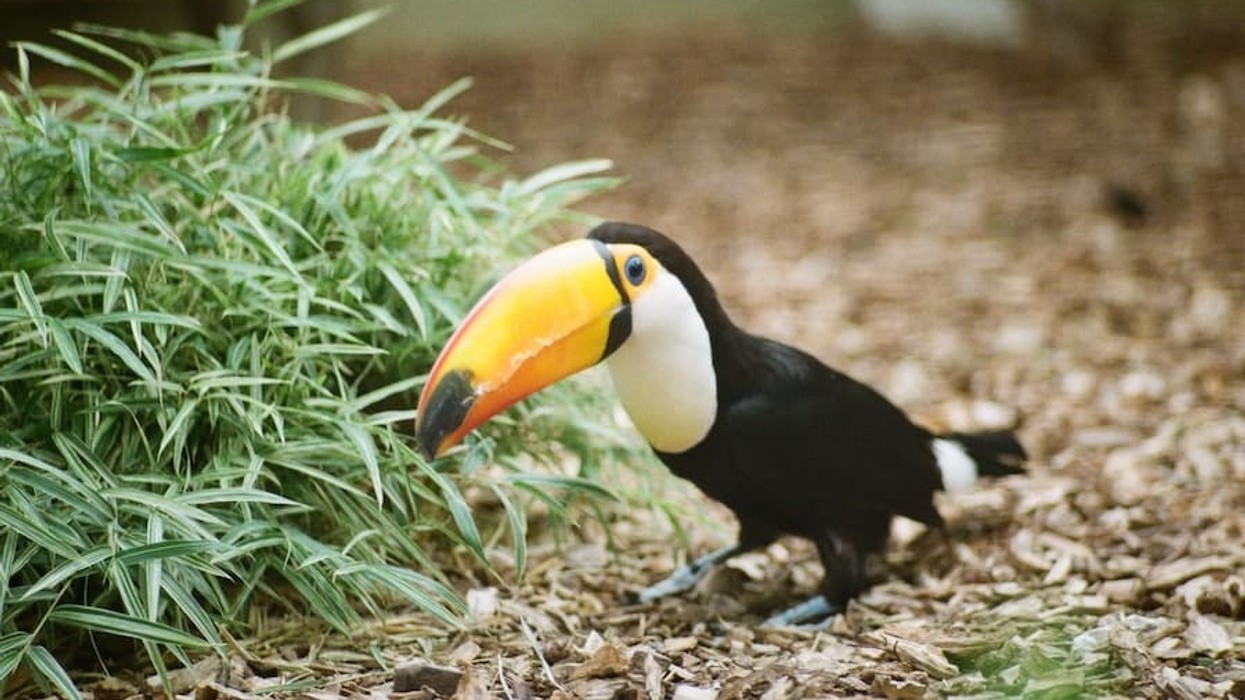
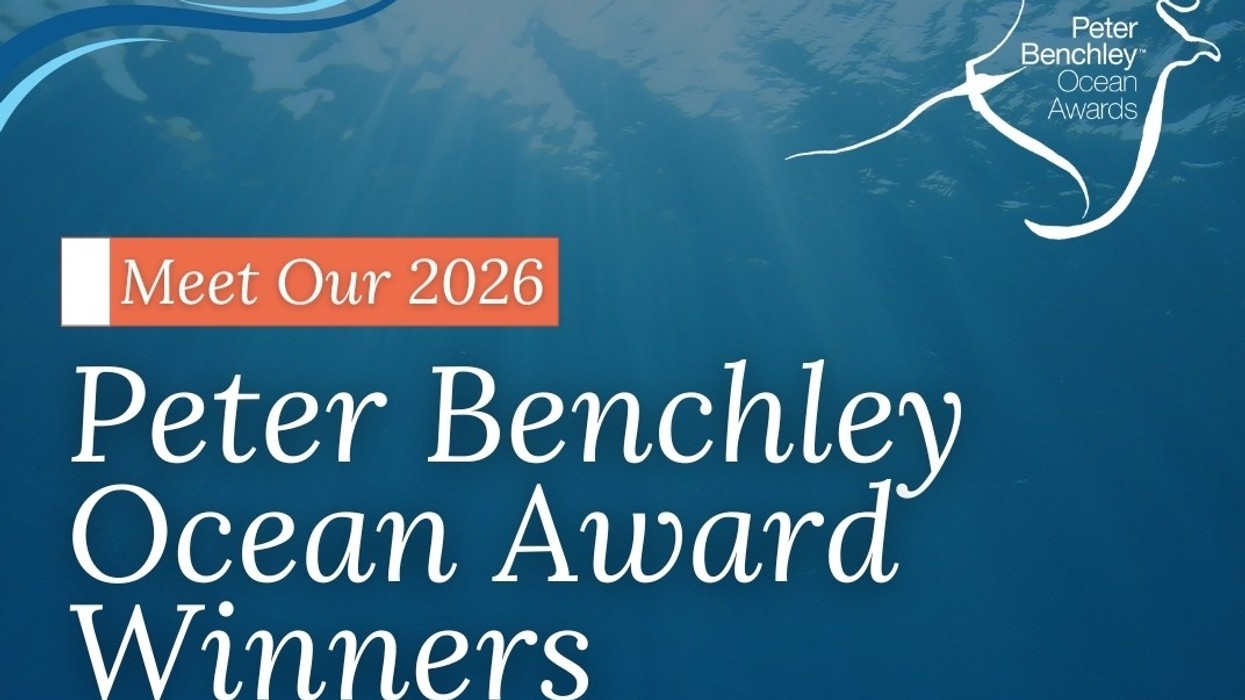
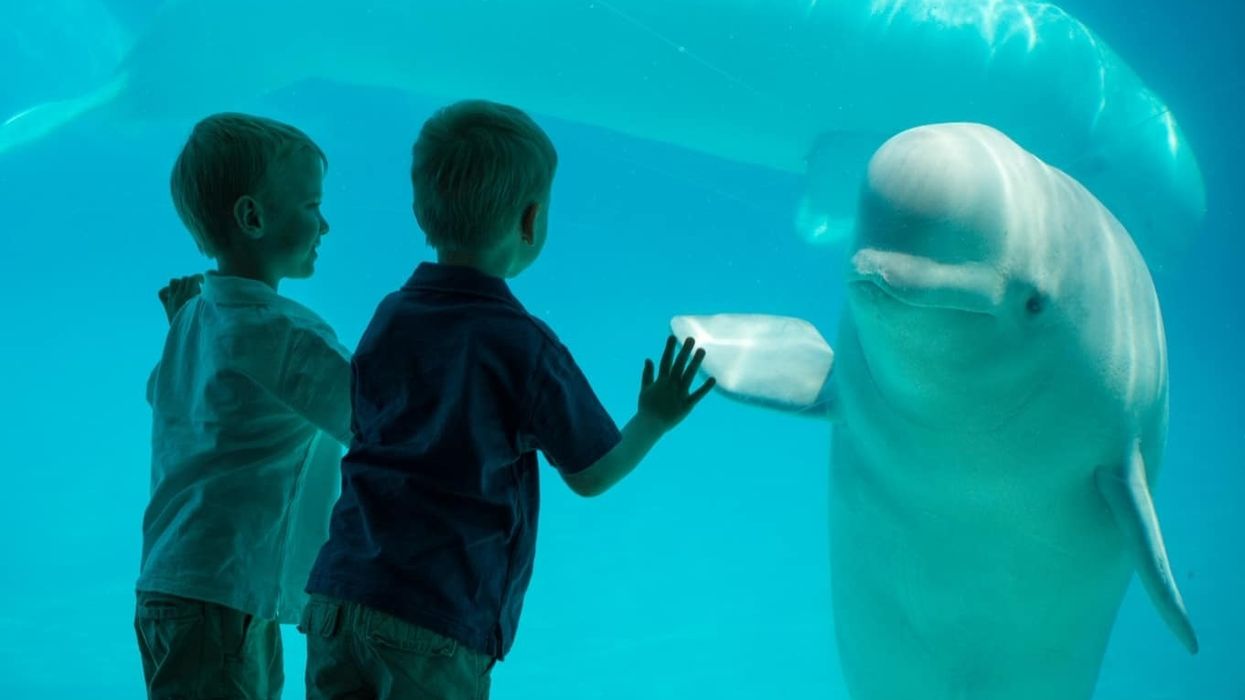
 Photo by
Photo by